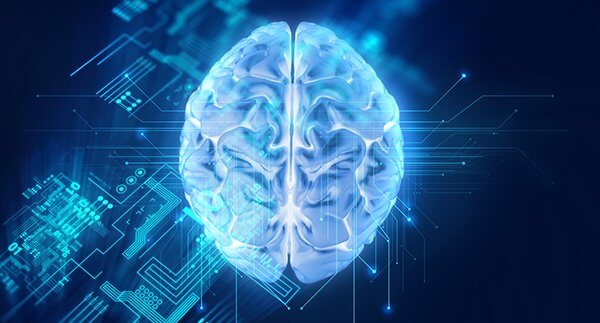Read any article about the benefits of teaching kids how to code and it will refer to how coding improves problem-solving skills, fosters creativity, and teaches computational thinking. In addition, it’s well-known that learning how to code helps prepare students for their futures in college and careers. While these are compelling reasons to start your child on their coding journey, the benefits of learning to code go far beyond improving skills or getting a job. Research shows that learning how to code fuels the brain in exciting and powerful ways.
Code to Cope
Problem-solving, a skill that is enhanced by learning how to code, also teaches children about dealing with distress. Children learn to work through problems with persistence and creativity when they learn programming. Studies suggest that deficits in social problem-solving may be associated with an increased risk of depression in children and adolescents. In fact, problem-solving training is commonly used in the treatment of youth depression.
Coding teaches children how to resolve complex problems by breaking them down into smaller problems. A mastery of this process, called decomposition, is an integral life skill that benefits students whether they pursue a profession in technology or in any other field. Making mistakes, testing work, and correcting errors give kids the confidence to move beyond the problem with resilience.

Recommended: Why Kids Really Need to Learn Code
Promote Brain Power
Learning to code is often described as tackling a new language and it may seem that this translation of symbols and information stems from the language processing part of the brain. Computer programming is also thought to employ the same skills as learning complex math problems, thereby exercising the left hemisphere.
As it turns out, learning to code involves brain power that is much more complicated and extensive. MIT neuroscientists have determined that coding activates a multiple demand network in the brain. This network’s activity is spread throughout the brain and is used for tasks that require holding many pieces of information in mind at once. It is also responsible for our ability to perform a wide variety of challenging mental tasks. In fact, reading computer code appears to activate both the left and right sides of the brain, fostering improved multi-tasking capabilities, boosting working memory retention, and preparing the brain for complex problem-solving.
Recommended: Coding Websites for Kids
Enhanced Social Skills
We all have images of the programmer hunched over his computer writing code alone. Ironically, nothing is further from the truth. In the working world, programmers function as a part of a team that communicates and collaborates to accomplish goals. No product rests on the shoulders of one person, in fact communication and teamwork skills are listed as top priorities for companies hiring programmers.
Children who code with their peers learn and practice the same indispensable skills that professional programmers use at work, thereby enhancing the social-emotional learning that is vital for school, work, and life success. Children can engage in collaboration while working toward a common goal. This fosters the development of higher-level interpersonal skills such as negotiating and relationship building.

Sharpened Executive Functioning
Executive functioning refers to skills that help children focus, plan, prioritize, work toward goals, self-regulate behaviors and emotions, and adapt to new and unexpected situations. These skills develop most rapidly in early childhood and continue to mature until adulthood. Becoming proficient in these skills doesn’t come automatically but is developed through experiences and practice.
A study reported in Frontiers for Physiology shows that executive functioning in young children is significantly improved with only a limited amount of coding practice. Not only is computational problem solving enhanced by coding, but the supporting executive functions such as planning and response inhibition are improved as well. Response inhibition skills allow children to practice self-control and focus on complex tasks.
Recommended: Coding Classes for Teens
Learning to Code Builds Success
Just as learning any new language fosters the development of new areas of the brain and enhances learning and memory abilities, learning to code improves a unique set of skills that support emotional health, learning abilities, social skills, and executive functioning.
With so many convincing reasons for teaching children how to code, it’s not surprising that 79% of parents want their children to learn this valuable skill at a young age. Finding a comprehensive coding curriculum, however, might not always start at school. Only about half of all American high schools offer computer programming classes.
Fortunately, there are a wide variety of resources for learning how to code outside of a typical school setting. Among them, CodeWizardsHQ’s virtual coding classes check all of the brain-building skill boxes. Classes for elementary school start as young as age 8. The small group method of instruction with live teachers provides the comprehensive curriculum and peer interaction that is necessary to improve social, learning, executive functioning, and problem-solving skills that prepare students for lifelong success.
